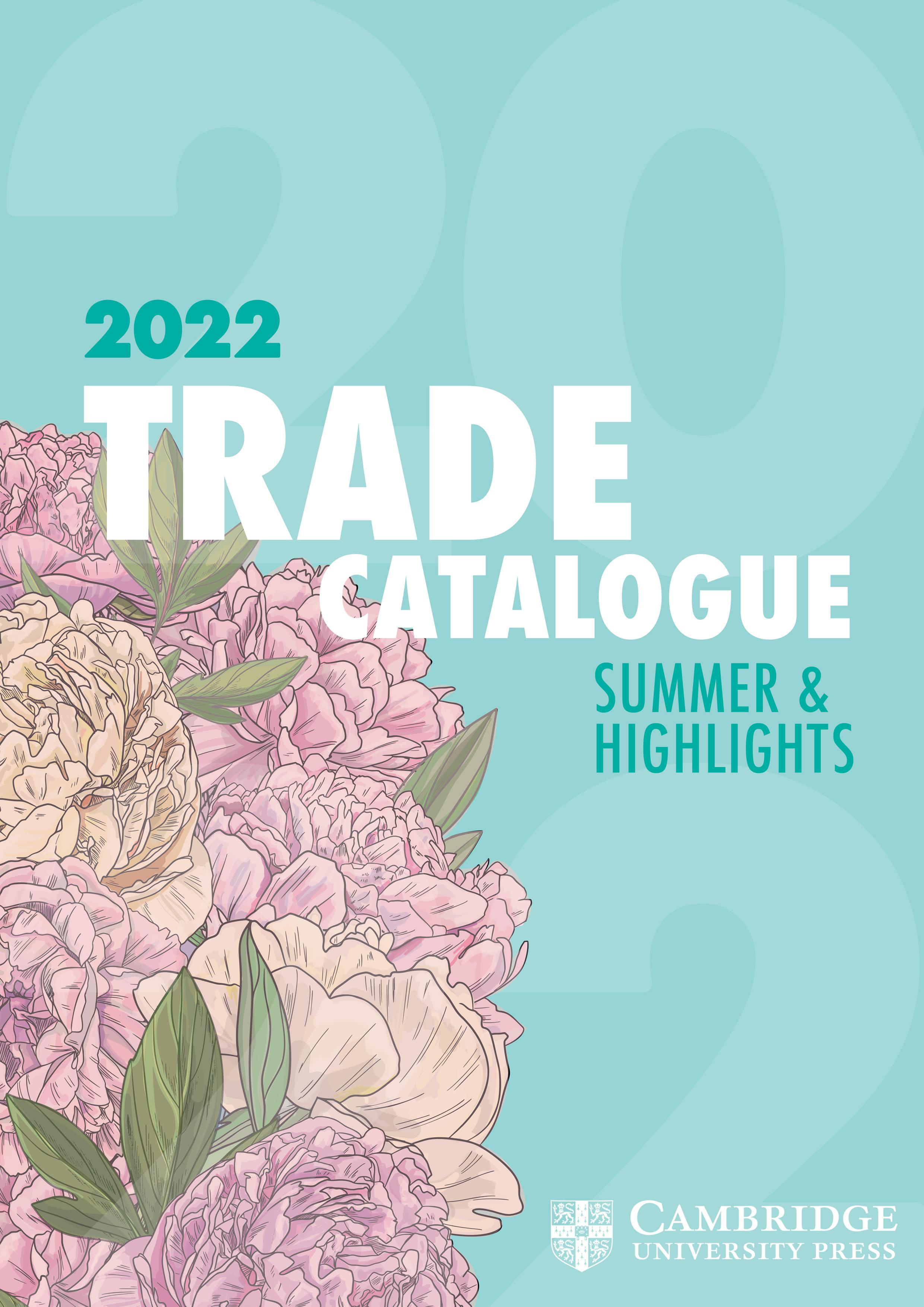








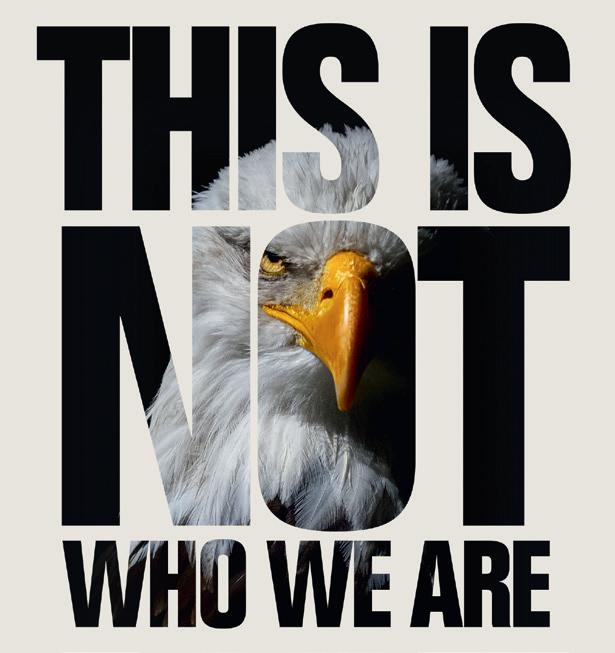
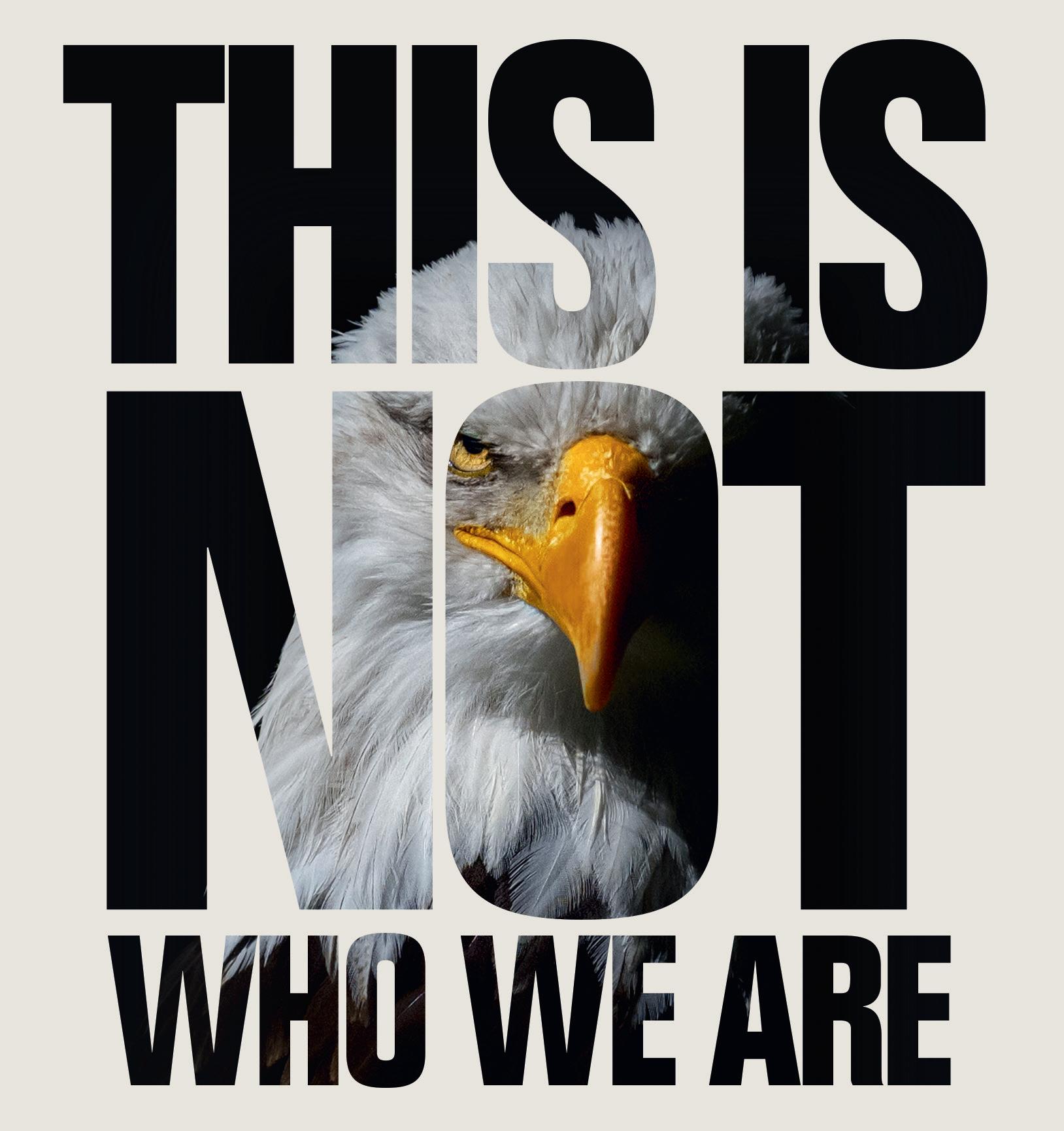
What kind of country is America?
Zachary Shore tackles this polarizing question by spotlighting some of the most morally muddled matters of World War II. Should Japanese Americans be moved from the west coast to prevent sabotage? Should the German people be made to starve as punishment for launching the war? Should America drop atomic bombs to break Japan’s will to fight? Surprisingly, despite wartime anger, most Americans and key officials favored mercy over revenge, yet a minority managed to push their punitive policies through. After the war, by feeding the hungry, rebuilding Western Europe and Japan, and airlifting supplies to a blockaded Berlin, America strove to restore the country’s humanity, transforming its image in the eyes of the world. A compelling story of the struggle over racism and revenge, This Is Not Who We Are asks crucial questions about the nation’s most agonizing divides.
What kind of country is America? Zachary Shore tackles this polarising question by spotlighting some of the most morally muddled matters of WWII. Should Japanese Americans be moved from the west coast to prevent sabotage? Should the German people be made to starve as punishment for launching the war? Should America drop atomic bombs to break Japan’s will to fight? Surprisingly, despite wartime anger, most Americans and key officials favored mercy over revenge, yet a minority managed to push their punitive policies through. After the war, by feeding the hungry, rebuilding Western Europe and Japan, and airlifting supplies to a blockaded Berlin, America strove to restore the country’s humanity, transforming its image in the eyes of the world. A compelling story of the struggle over racism and revenge, This Is Not Who We Are asks crucial questions about the nation’s most agonizing divides.

• Asks why America treated its enemies so cruelly throughout WWII, despite public and government support for mercy.
• Suggests that America’s wartime acts resulted less from racism than revenge.
• Offers a fresh perspective into well-known characters in US history.
• Presents the interconnections of each vengeful and virtuous act.
• Reveals how Americans came together to rebuild a shattered world.
changing understanding of the science.”
BELL BURNELL DBE, Professorial Fellow of Physics, of Oxford


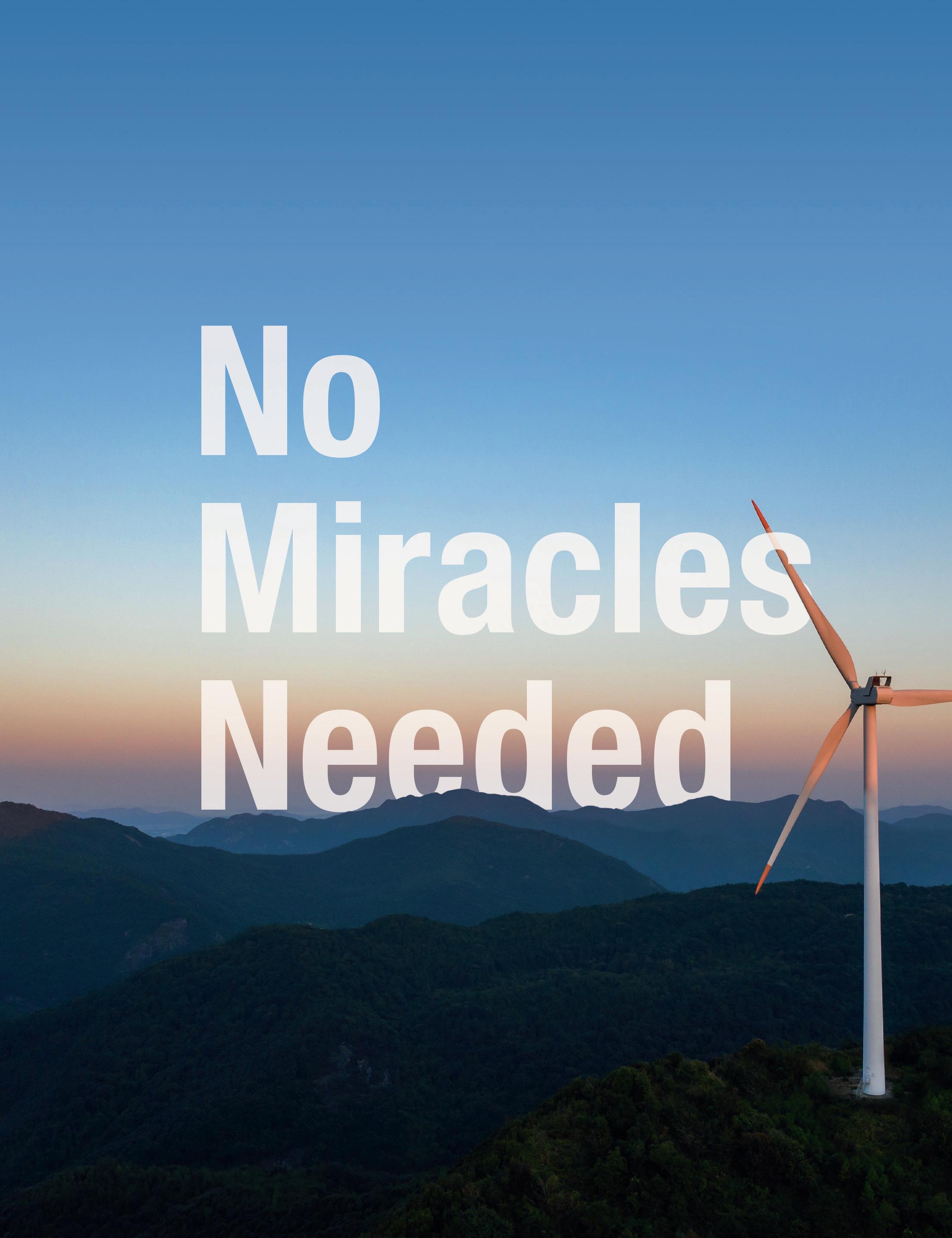
Earth and environmental science
haven't yet sent poets into space, but this collection is the best thing. Around the world and throughout history, the and romance of space have inspired reflections on the and ourselves. The poets represented in this book are stimulating guides on a memorable journey through the cosmos.”
ride in a spaceship, this wonderful collection of poems you on a unique journey. Through a myriad of perspectives, in space, visit the stars and planets, and explore our the universe.”
for dipping into, and as easy to enjoy as a glimpse of the night, this anthology is filled with those tiny doors into infinite that poetry is so good at throwing open.”
CRAWFORD, Emeritus Professor of Modern Scottish Literature
Bishop Wardlaw Professor of Poetry, University of St Andrews; Contemporary Poetry and Contemporary Science (2006)
enjoyed how the poems are laid out in a timeline and, as a result, experiencing how a variety of poets approached different space themes across time. This is a wonderful way to experience the lure of the cosmos for humanity love of space.”

world needs to turn away from fossil fuels and use clean, renewable sources of energy as soon as we can. Failure to do so will cause catastrophic climate damage sooner than you might think, leading to loss of biodiversity and economic and political instability. But all is not lost! We still have time to save the planet without resorting to ‘miracle’ technologies. We need to wave goodbye to outdated technologies, such as natural gas and carbon capture, and repurpose the technologies that we already have at our disposal. We can use existing technologies to harness, store, and transmit energy from wind, water, and solar sources to ensure reliable electricity, heat supplies, and energy security. Find out what you can do to improve the health, climate, and economic state of our planet. Together, we can solve the climate crisis, eliminate air pollution and safely secure energy supplies for everyone.
PROCTOR, astronaut
climate catastrophe
Mark Ruffalo
Credit: over forest in Vermont.
energy
simple plan...
book
a godsend.’
people believe or fear that we can’t solve the climate crisis, because we just don’t have the technologies in hand to do so. This book should lay that fear to rest, once and for all.’ - Naomi Oreskes, co-author of The Big Myth: How American Business Taught Us to Loathe Government
‘… a must read for all who care about the future of our society and our planet ...’ - Bob Howarth, Cornell University
perspectives,
our cosmos.”



humanity
Poets and astronomers often ask the same questions. Where did we come from? Why are we here? Where are we going? Throughout human history, poetry has provided stories about what people observe in the sky. Stars, planets, comets, the moon, and space travel are used as metaphors for our feelings of love, loneliness, adventurousness, and awe. This anthology includes poets, astronomers, and scientists from the twelfth century BCE to today, from all around the world. Sappho, Du Fu, Hafez, and Shakespeare are joined by Gwyneth Lewis’s space requiem, Tracy K. Smith on the Hubble telescope, and Charles Simic, whose poem accompanied a NASA mission. Astronomers Tycho Brahe and Edmund Halley accompany modern scientists including Rebecca Elson, Alice Gorman on the first woman in space, and Yun Wang’s space journal on travel to Andromeda. This collection reaches across time and cultures to illuminate how we think about outer space, and ourselves.
and astronomers often ask the same questions. Where did we come from? Why are we here? Where are we going?
human history, poetry has provided stories about what people observe in the sky. Stars, planets, comets, the moon, and space travel are used as metaphors for our feelings of love, loneliness, adventurousness, and awe. This anthology includes poets, astronomers, and scientists from the 12th century BCE to today, from all around the world. Sappho, Du Fu, Hafez, and Shakespeare are joined by Gwyneth Lewis’s space requiem, Tracy K. Smith on the Hubble telescope, and Charles Simic, whose poem accompanied a NASA mission. Astronomers Tycho Brahe and Edmund Halley accompany modern scientists including Rebecca Elson, Alice Gorman on the first woman in space, and Yun Wang’s space journal on travel to Andromeda. This collection reaches across time and cultures to illuminate how we think about outer space, and ourselves.

Comprehensive: Gathers well-known and lesser-known works into an engaging anthology that will appeal to readers of poetry and lovers of outer space.
Interdisciplinary: Includes works by poets and astronomers, encouraging interaction between fields and showing how they often respond to the same questions: Where did we come from? Why are we here? Where are we going?
• Universal: Covers a sweep of historical and cultural perspectives, from 14 centuries and 20 countries and languages, unearthing a fascinating cross-cultural and sometimes even transhistorical dialogue on outer space and the self.

Disease
Daniel Gibbs is one of 50 million people worldwide with an Alzheimer’s disease diagnosis. Unlike most patients with Alzheimer’s, however, Dr Gibbs worked as a neurologist for twenty-five years, caring for patients with the very disease now affecting him. Also unusual is that Dr Gibbs had begun to suspect he had Alzheimer’s several years before any official diagnosis could be made. Forewarned by genetic testing showing he carried alleles that increased the risk of developing the disease, he noticed symptoms of mild cognitive impairment long before any tests would have alerted him. In this highly personal account, Dr Gibbs documents the effect his diagnosis has had on his life and explains his advocacy for improving early recognition of Alzheimer’s. Weaving clinical knowledge from decades caring for dementia patients with his personal experience of the disease, this is an optimistic tale of one man’s journey with early-stage Alzheimer’s disease.
combined narrative of Dr Gibbs’ clinical knowledge and his engaging personal experience with the disease ensures the book will appeal to both professional and lay audiences with an interest in brain health.
• Lived-experience commentary from a patient living with Alzheimer’s disease provides an insight into the uncertainty and lack of information before and after a diagnosis, and offers reassurance to other patients about what lies ahead.
• An optimistic call-to-action for further investment in the research of early-stage Alzheimer’s disease, where patients who are otherwise pre-symptomatic still have the chance to slow the progression of the disease with lifestyle changes and potential medical treatments.
Jon E. Grant and Samuel R. Chamberlain
Jon E. Grant, University of Chicago R. Chamberlain, University ofSex is everywhere in modern society, yet it remains taboo. We all have questions about sex that are too uncomfortable to ask – how do we get reliable answers? In this go-to guide Drs Grant and Chamberlain use their clinical expertise to answer the questions you wish you could ask about sex. Questions like: Is my sex drive or sex behavior normal? Can someone have too much sex? Or too little? How has Internet dating and pornography changed sex? This go-to guide will help you understand common sexual issues, know when to worry (or not) about different sexual behaviors, and learn how our sex lives adapt to changing technology or in times of crisis. It also provides step-by-step advice for dealing with a range of sexual issues, and practical strategies for strengthening relationships.

• Examines the latest clinical and neuroscience
offers an accurate and informed understanding of sex.
stories aid understanding of sexual experiences that are common but rarely talked about.
Provides practical advice for a variety of sexual issues, helping people to understand the diverse nature of sex, when to worry (or not) and how to seek help about sexual issues when they occur.
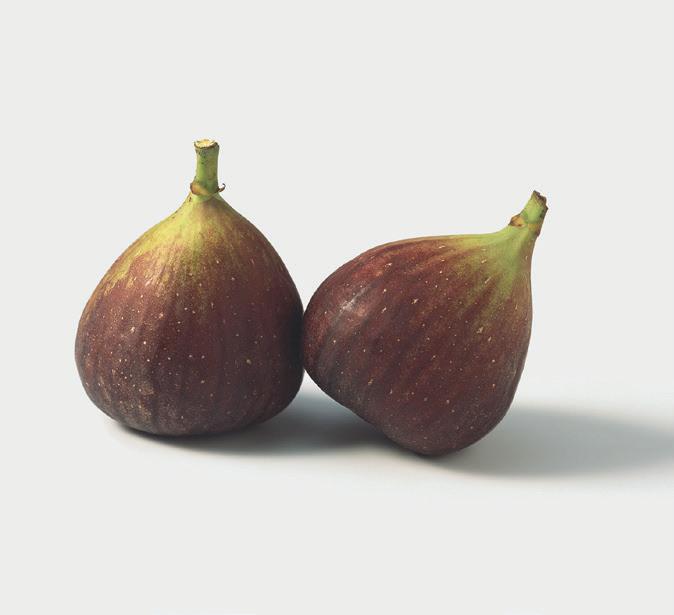
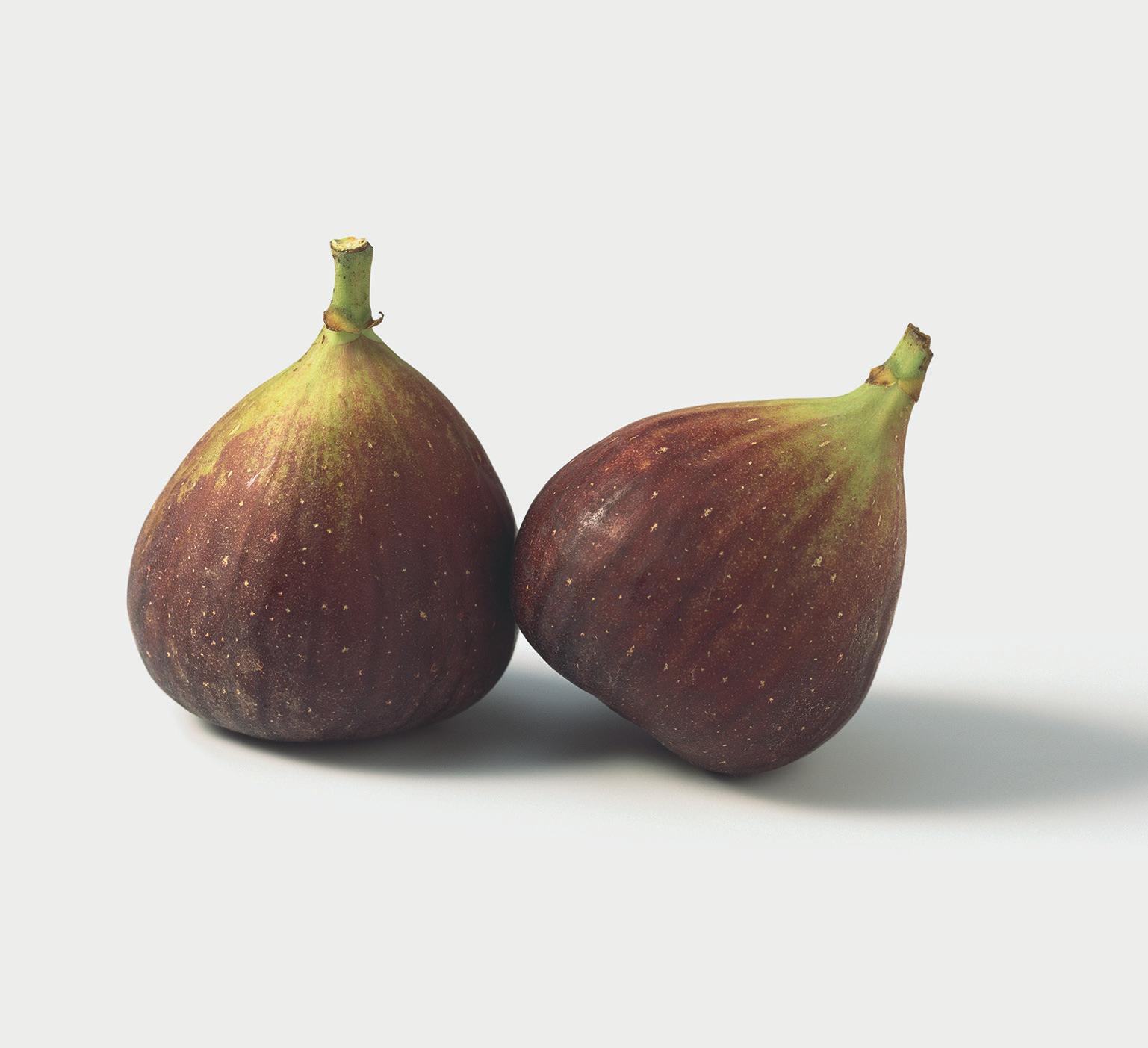

The freedom to think what you want and to say what you think has always generated a pushback of regulation and censorship. This raises the thorny question: to what extent does free speech actually endanger speech protection? This book examines today’s calls for speech legislation and places it into historical perspective, using fascinating examples from the past 200 years, to explain the historical context of laws regulating speech. Over time, the freedom to speak has grown, the ways in which we communicate have evolved due to technology, and our ideas about speech protection have been challenged as a result. Now more than ever, we are living in a free speech paradox: powerful speakers weaponize their rights in order to silence those less‑powerful speakers who oppose them. By understanding how this situation has developed, we can stand up to these threats to the freedom of speech.
The freedom to think what you want and to say what you think has always generated a pushback of regulation and censorship. This raises the thorny question: to what extent does free speech actually endanger speech protection? This book examines today’s calls for speech legislation and places it into historical perspective, using fascinating examples from the past 200 years, to explain the historical context of laws regulating speech. Over time, the freedom to speak has grown, the ways in which we communicate have evolved due to technology, and our ideas about speech protection have been challenged as a result. Now more than ever, we are living in a free speech paradox: powerful speakers weaponise their rights in order to silence those less-powerful speakers who oppose them. By understanding how this situation has developed, we can stand up to these threats to the freedom of speech.

• Places key present-day concerns about free speech and speech regulation in a historical setting to reveal the ways that the past is prelude to the present.
• A study of the protections and limitations placed on political speech, strong language, threatening words, ‘foreign’ language, and compelled speech, as well as a look at some current dangers to protecting speech in liberal democracies going forward.
• Explores issues between the First and Second Amendments; the right to free speech and the right to bear arms.
You’ve heard of Ted Bundy and John Wayne Gacy. But have you heard of Amy Archer-Gilligan? Or Belle Gunness? Or Nannie Doss? Women have committed some of the most disturbing serial killings ever seen in the United States. Yet scientific inquiry, criminal profiling, and public interest have focused more on their better-known male counterparts. As a result, female serial killers have been misunderstood, overlooked, and underestimated. In this riveting account, Dr. Marissa A. Harrison draws on original scientific research, various psychological perspectives, and richly detailed case studies to illuminate the stark differences between female and male serial killers’ backgrounds, motives, and crimes. She also emphasises the countless victims of this grisly phenomenon to capture the complexity and tragedy of serial murder. Meticulously weaving data-based evidence and insight with intimate storytelling, Just as Deadly reveals how and why these women murder—and why they often get away with it.

• Explores what motivates serial murderers and addresses why society is so fascinated by them.
Provides data-driven analysis and meticulously researched case studies to illustrate key psychological phenomena among female serial killers.
• Compares the stark differences between female and male serial killers’ backgrounds, motives, crimes, and victims, showing why female killers’ crimes often go undetected despite being just as heinous as those committed by males.


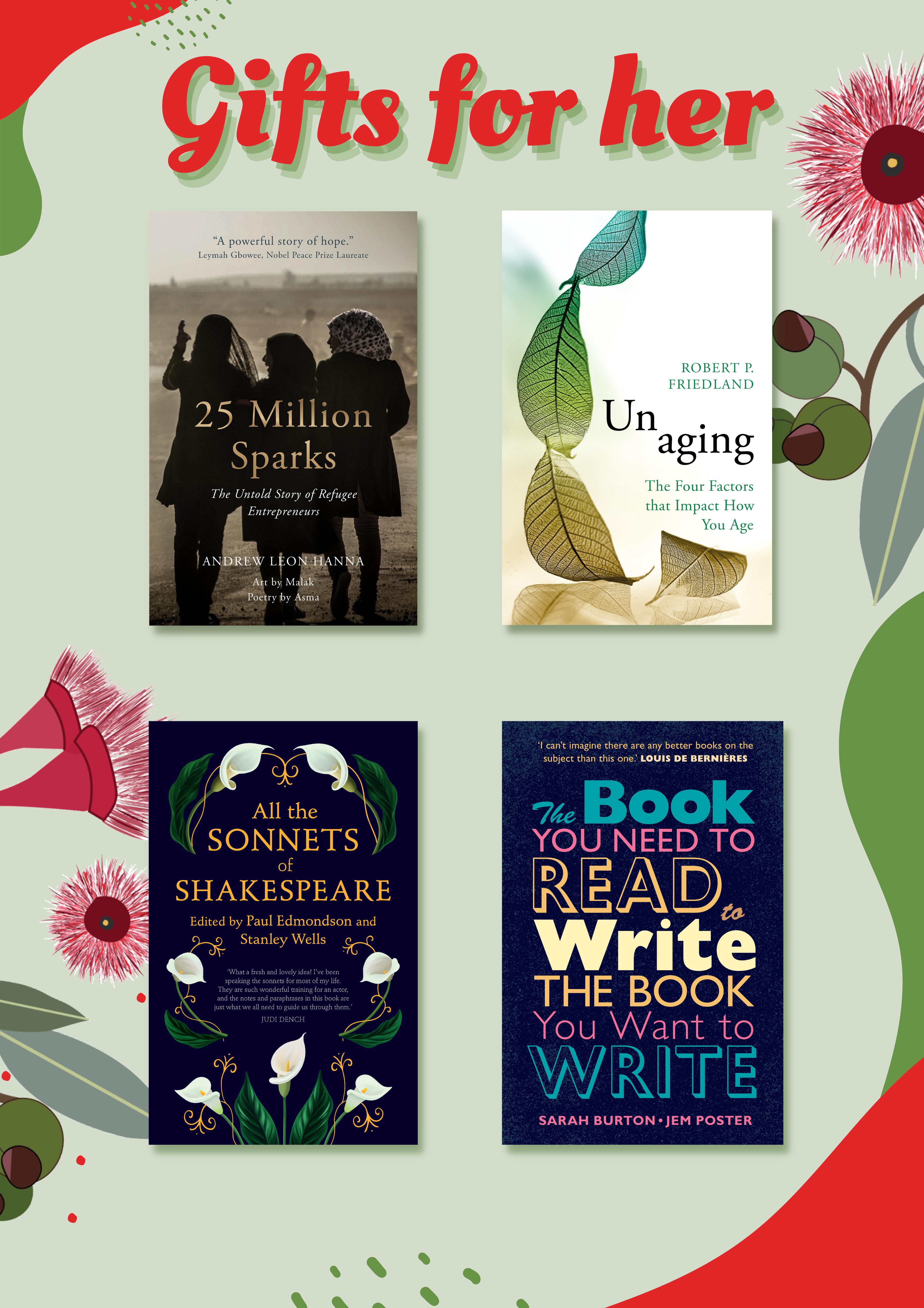





“It is hard to believe that international cooperation remains a tough sell in 2022. Imagine: global problems require global solutions! Bess spells out concrete, and hopefully doable, steps toward overcoming polarization and fragmentation. Let’s hope he’s right.”
“Michael Bess is able to look over the horizon and think creatively without losing sight of what is viable. In Planet in Peril he offers insightful ... solutions to four of the greatest threats facing humankind. It is one of those rare books that is both a joy to read and a roadmap for solving daunting problems.”
MICHAEL VANDENBERGH, Vanderbilt Universityby an award-winning historian of science and technology, Planet in Peril describes the top four mega-dangers facing humankind – climate change, nukes, pandemics, and artificial intelligence. It outlines the solutions that have been tried, and analyzes why they have thus far fallen short. These four existential dangers present a special kind of challenge that urgently requires planet-level responses, yet today’s international institutions have so far failed to meet this need. The book lays out
realistic pathway for gradually modifying the United Nations over the coming century so that it can become more effective at coordinating global solutions to humanity’s problems. Neither optimistic nor pessimistic, but pragmatic and constructive, the book explores how to move past ideological polarization and global political fragmentation. Unafraid to take intellectual risks, Planet in Peril sketches a plausible roadmap toward a safer, more democratic future for us all.

• Offers a single explanatory framework for understanding the seemingly disparate challenges facing humankind.
• Describes a realistic pathway for modifying the United Nations to become a more effective instrument for coordinating planet-level solutions to humanity’s mega-problems.
• Puts forward an integrated set of planet-level solutions that can be implemented incrementally over the coming century to head off potential catastrophes caused by these four mega-dangers.
• Written in vivid prose with illustrative examples drawn from history.
• Combines history, science, technology and politics in reflection and analysis.
BESS PLANET IN PERIL
MICHAEL D. BESS Humanity’s Four Greatest Challenges and How We Can Overcome Them
“a joy to read and a roadmap for solving daunting problems...” Michael Vandenbergh
THOMAS G. WEISS, CUNY Graduate Center
This book revisits a distinction introduced in 1921 by economists Frank Knight and John Maynard Keynes: that between statistically predictable future events (‘risks’) and statistically unpredictable, uncertain events (‘uncertainties’). Governments have generally ignored the latter, perceiving phenomena such as pandemics, natural disasters and climate change as uncontrollable Acts of God. As a result, there has been little if any preparation for future catastrophes. Our modern society is more interconnected and more globalized than ever. Dealing with uncertain future events requires a stronger and more globally coordinated government response. This book suggests a larger, more global government role in dealing with these disasters and keeping economic inequalities low. Major institutional changes, such as regulating the private sector for the common good and dealing with special harms, risks and crises, especially those concerning climate change and pandemics, are necessary in order to achieve any semblance of future progress for humankind.
This book revisits a distinction introduced in 1921 by economists Frank Knight and John Maynard Keynes: that between statistically predictable future events (‘risks’) and statistically unpredictable, uncertain events (‘uncertainties’). Governments have generally ignored the latter, perceiving phenomena such as pandemics, natural disasters and climate change as uncontrollable Acts of God. As a result, there has been little if any preparation for future catastrophes. Our modern society is more interconnected and more globalized than ever. Dealing with uncertain future events requires a stronger and more globally coordinated government response. This book suggests a larger, more global government role in dealing with these disasters and keeping economic inequalities low. Major institutional changes, such as regulating the private sector for the common good and dealing with special harms, risks and crises, especially those concerning climate change and pandemics, are necessary in order to achieve any semblance of future progress for humankind.

• Discusses changes needed in prevailing economic theories about role of market and government operations in democratic countries.
• Discusses changes needed to adapt to an increasingly global world where most policies have remained national.
• Questions the past assumption of the inevitable continuation of ‘progress’ in the future.
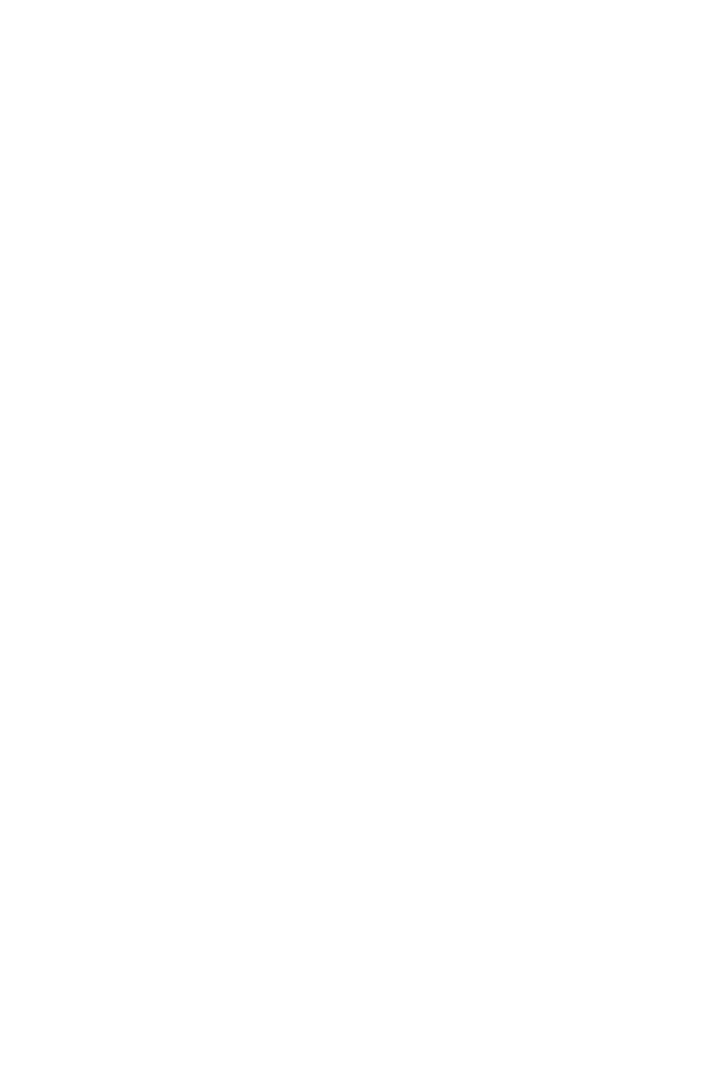
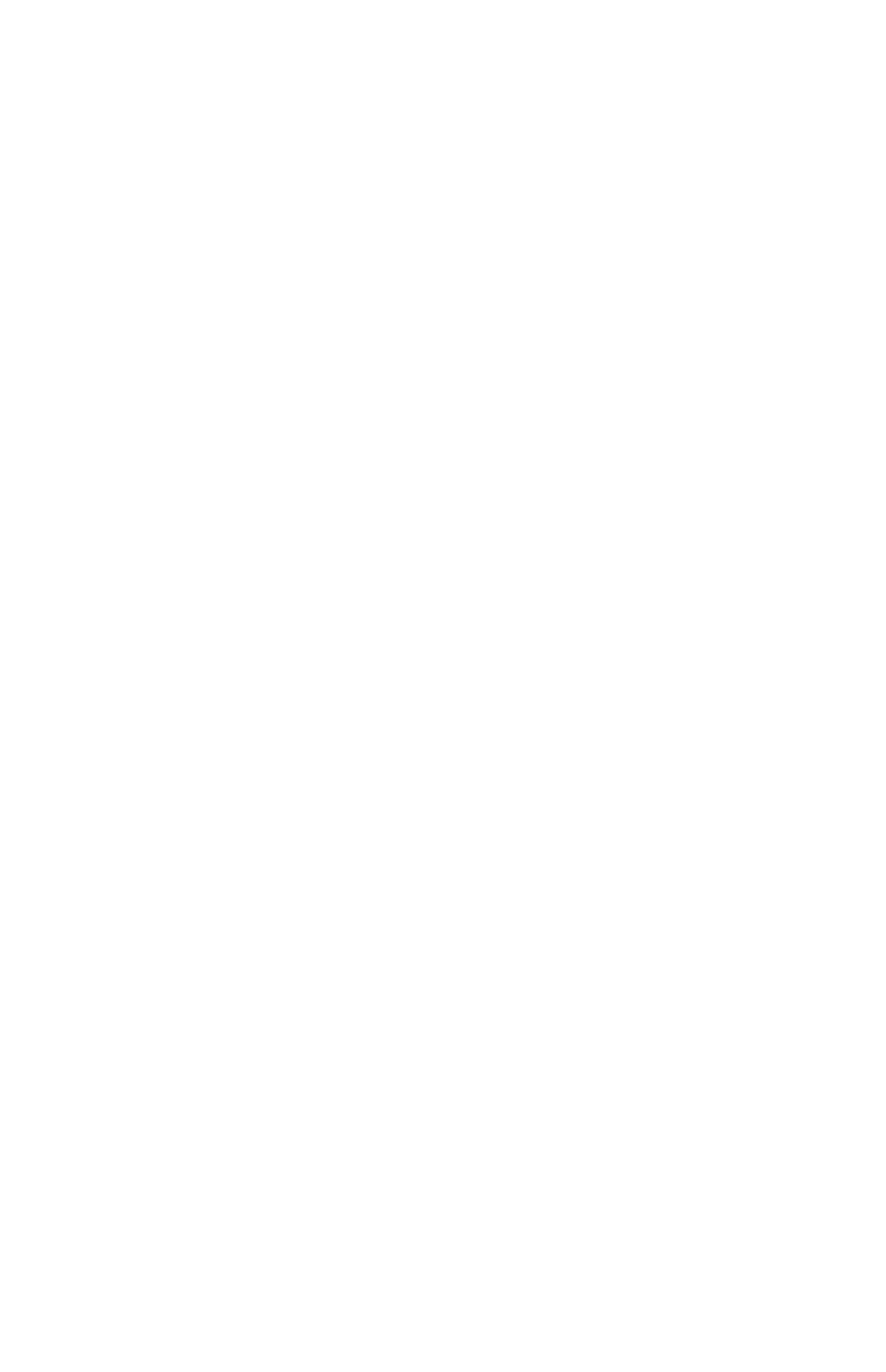
can be a source of anxiety for school children and working professionals alike. Yet the spelling of words in English is not as random or chaotic as it is often perceived to be; rather, it is a system based on both meaning and a fascinating linguistic history. Misty Adoniou’s public articles on the processes of teaching and learning spelling have garnered an overwhelming response from concerned parents and teachers looking for effective solutions to the problems they face in teaching English spelling to children. Spelling It Out, Revised edition aims to ease anxiety and crush the myth that good spelling comes naturally. Good spelling comes from good teaching. Based on Misty Adoniou’s extensive research into spelling learning and instruction, this book encourages children and adults to nurture a curiosity about words, discover their history and, in so doing, understand the logic behind the way they are spelled.


1922 Text with Essays
Notes
UniversityJames Joyce’s Ulysses is considered one of the greatest novels of the twentieth century. This new edition - published to celebrate the book’s first publication - helps readers to understand the pleasures of this monumental work and to grapple with its challenges. Copiously equipped with maps, photographs, and explanatory footnotes, it provides a vivid and illuminating context for the experiences of Leopold Bloom, Stephen Dedalus, and Molly Bloom, as well as Joyce’s many other Dublin characters, on June 16, 1904. Featuring a facsimile of the historic 1922 Shakespeare and Company text, this version also includes Joyce’s own errata as well as references to amendments made in later editions. Each of the eighteen chapters of Ulysses is introduced by a leading Joyce scholar. These richly informative pieces discuss the novel’s plot and allusions, while also explaining crucial questions that have puzzled and tantalized readers over the last hundred years.
and accessible … The Cambridge Centenary Ulysses can profitably be read by anyone with an interest in Joyce.’ - Anne Fogarty, Irish Times
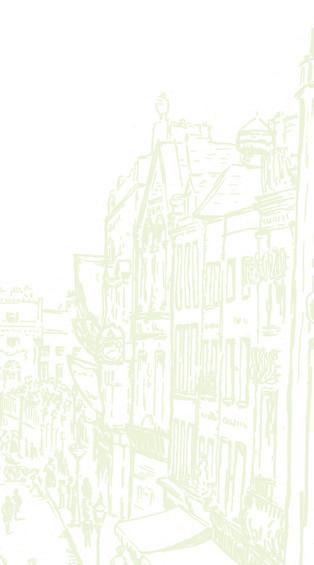

• Provides the 1922 Shakespeare and Company edition with Joyce’s own errata notes and an essay on the errata and subsequent editions.
Includes maps and contextual images that help readers visualize the events of the book.
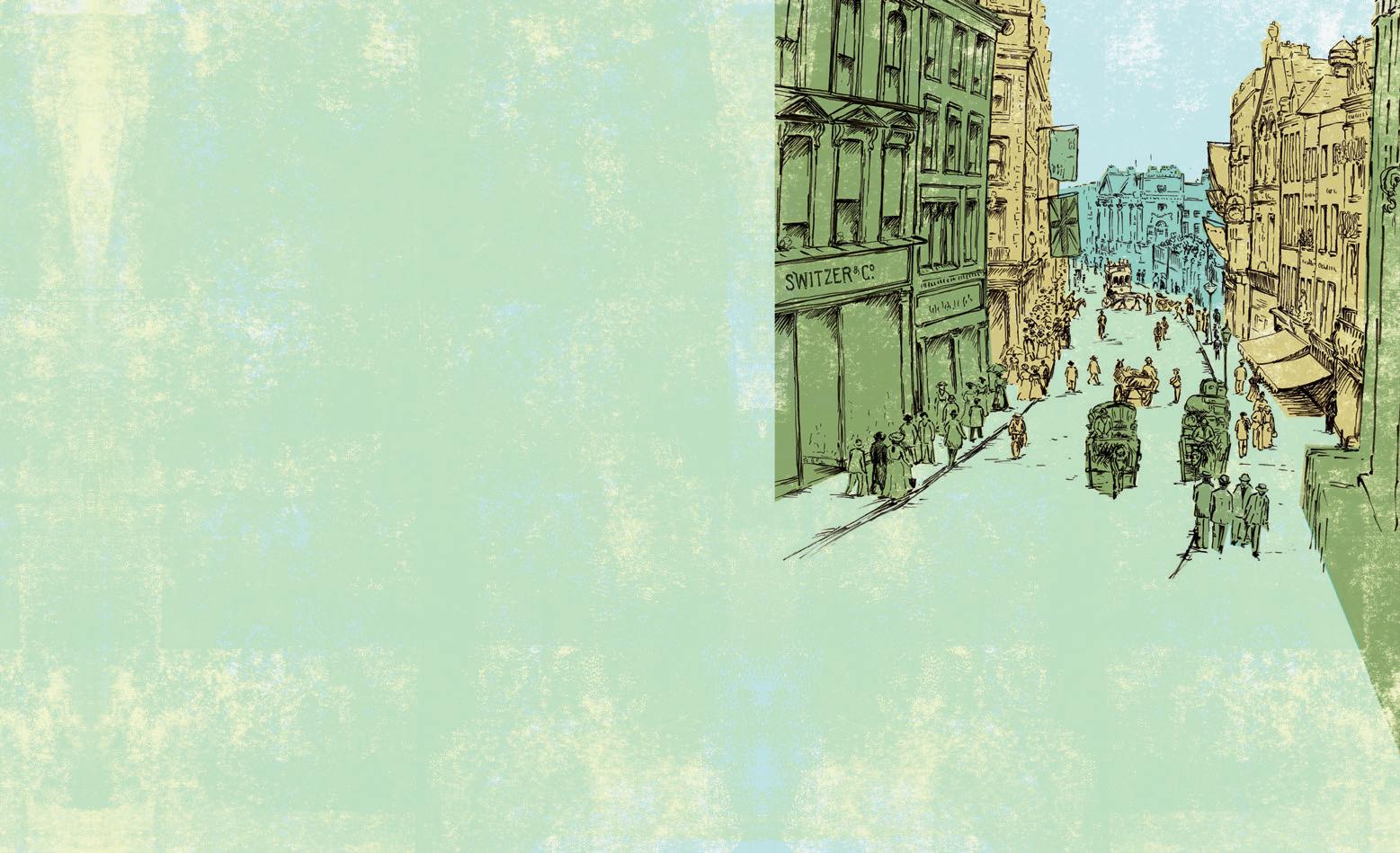
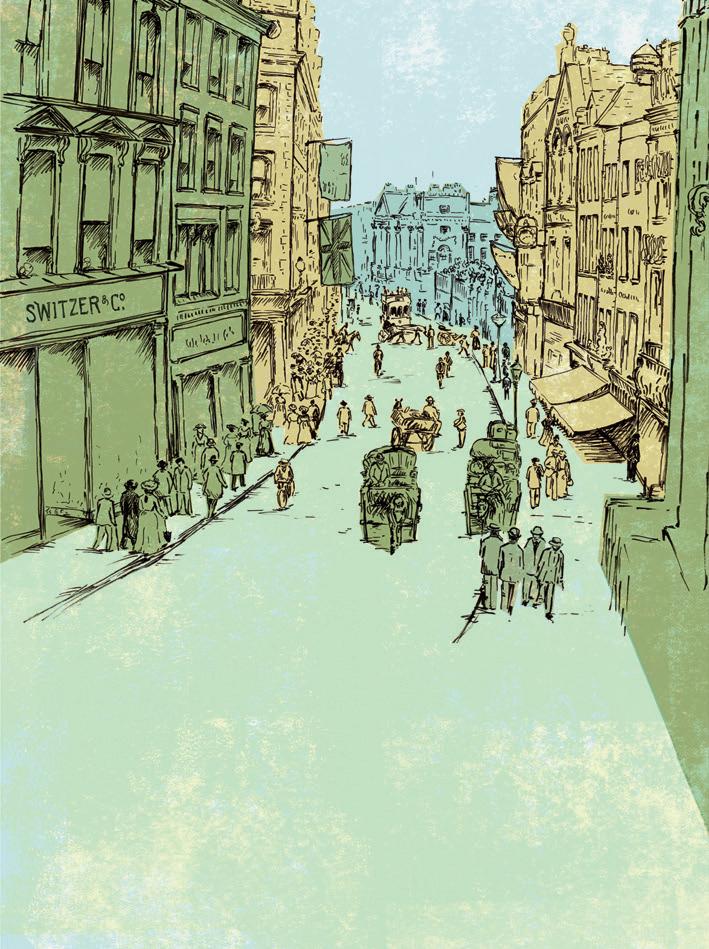
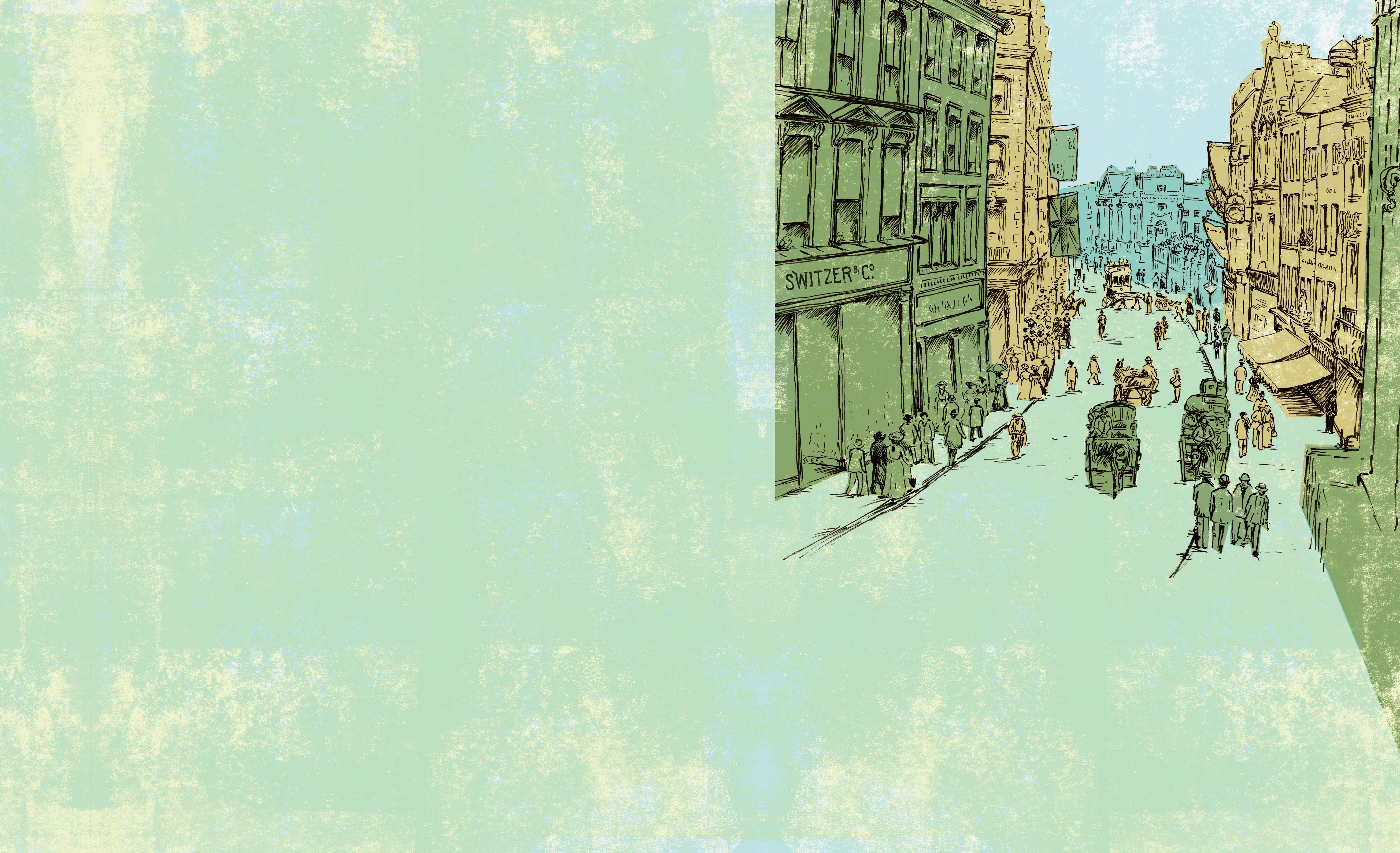
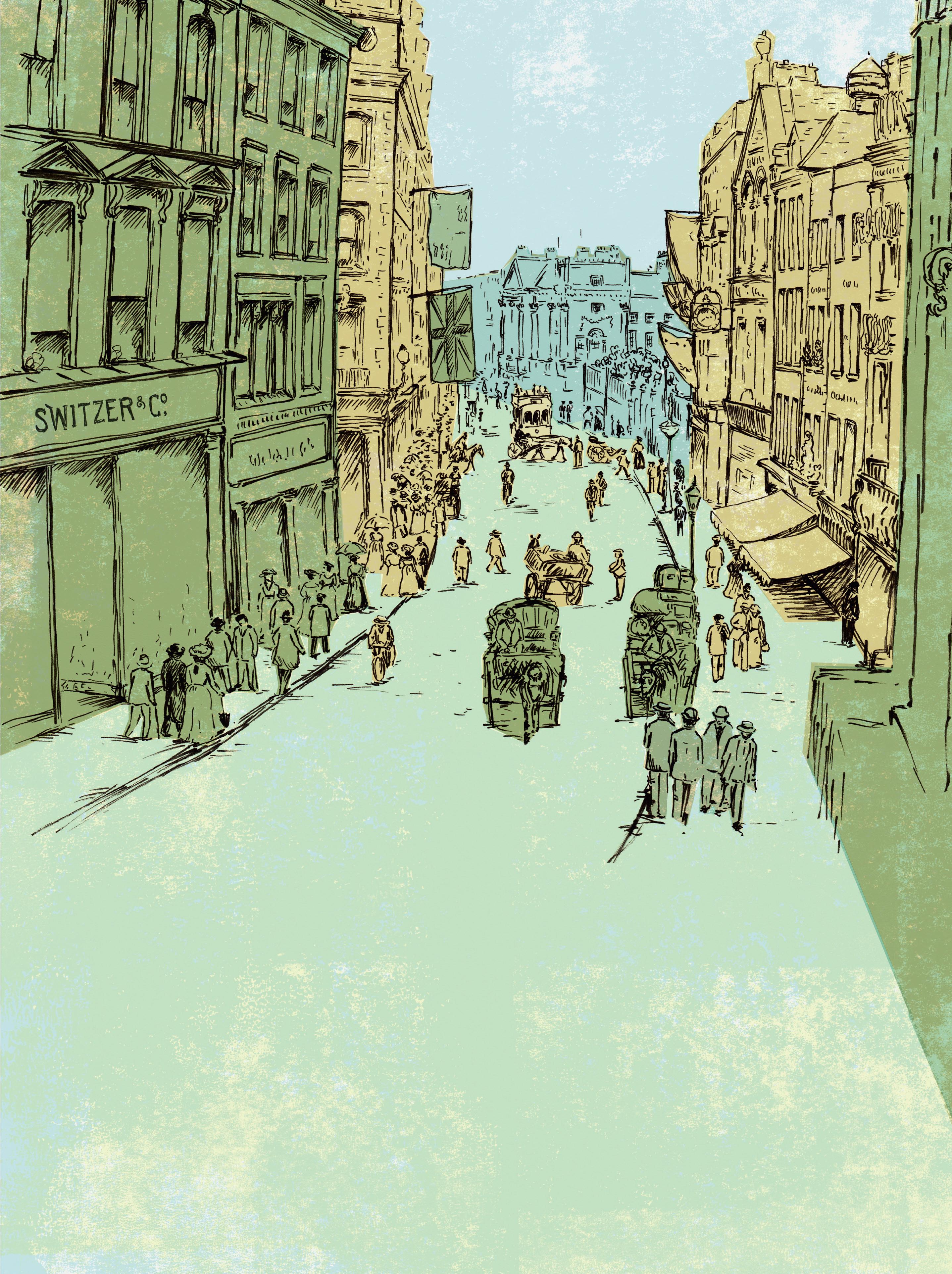
Includes a chronology of Joyce’s life and contemporaneous events.
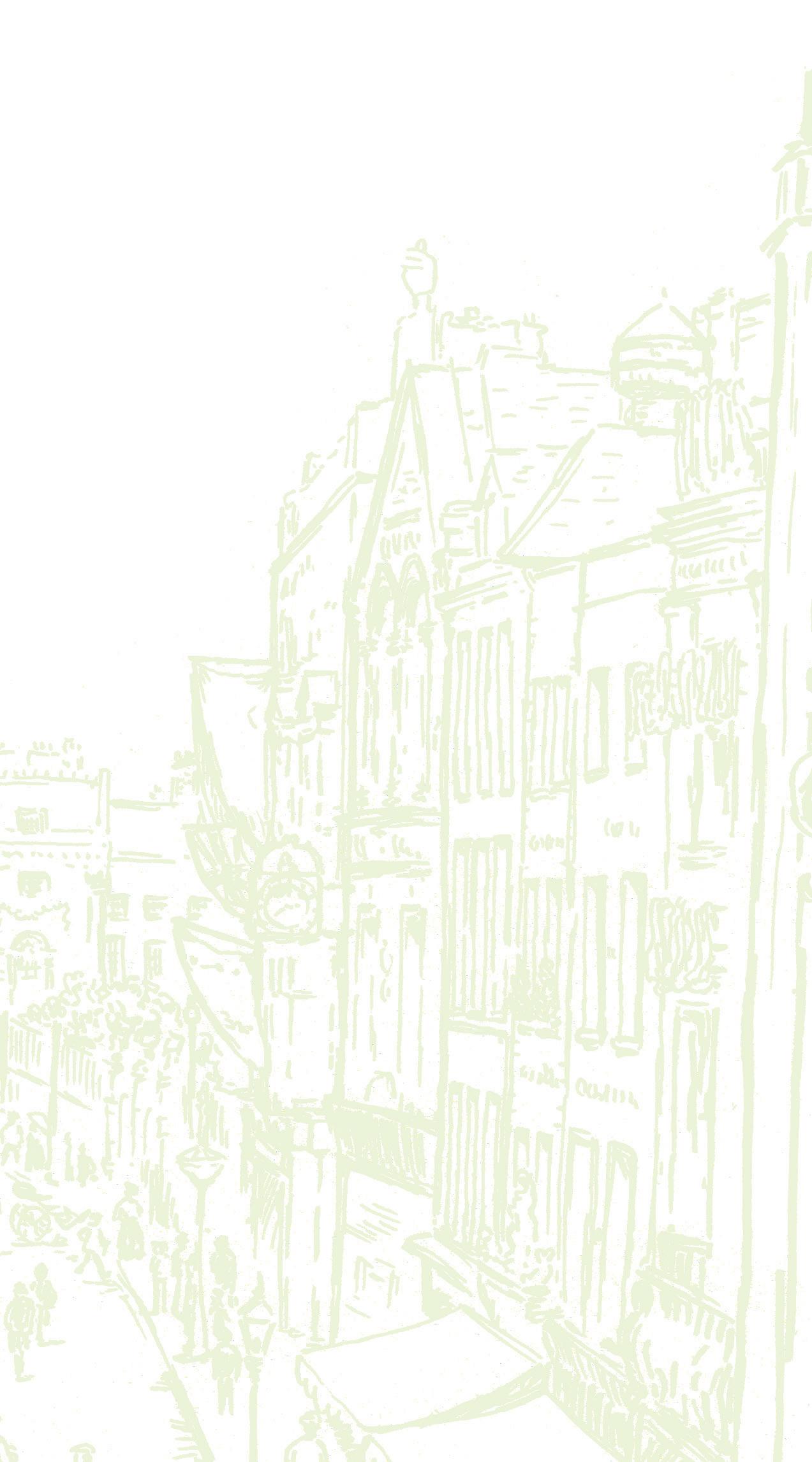
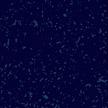


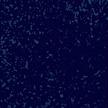
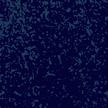
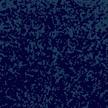

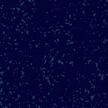
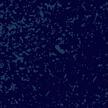
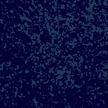

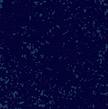
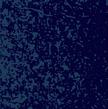



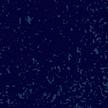






 BURTON
BURTON


you ever wanted to write a novel or short story
didn’t know where to start? If so, this is the book for you. It’s the book for anyone, in fact, who wants to write to their full potential. Practical and jargon-free, rejecting prescriptive templates and formulae, it’s a storehouse of ideas and advice on a range of relevant subjects, from boosting self-motivation and confidence to approaching agents and publishers. Drawing on the authors’ extensive experience as successful writers and inspiring teachers, it will guide you through such essentials as the interplay of memory and imagination; plotting your story; the creation of convincing characters; the uses of description; the pleasures and pitfalls of research; and the editing process. The book’s primary aim is simple: to help its readers to become better writers.
Authors are regular tutors for the Guardian’s Masterclasses, as well as running creative writing courses for the Oxford Literary Festival and the Institute for Continuing Education in the University of Cambridge: their teaching and writing credentials are second to none.

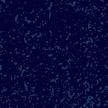


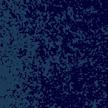
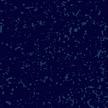

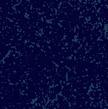



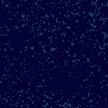





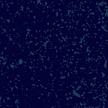


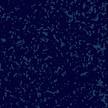
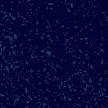
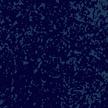

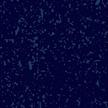
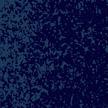



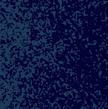

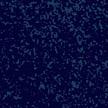

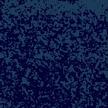


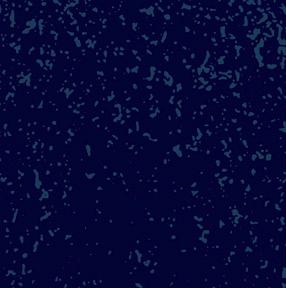

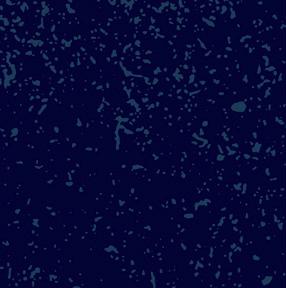
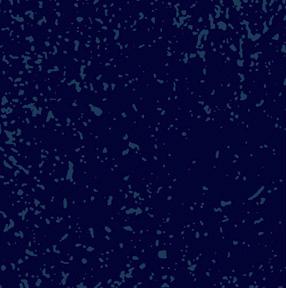
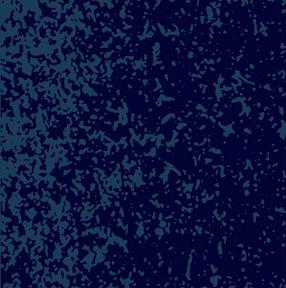


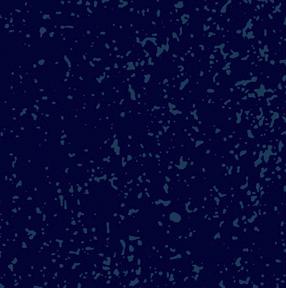
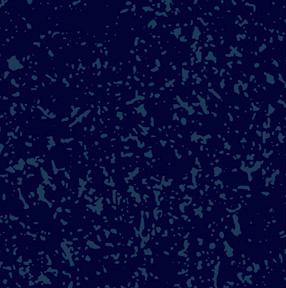
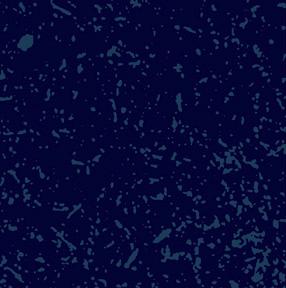



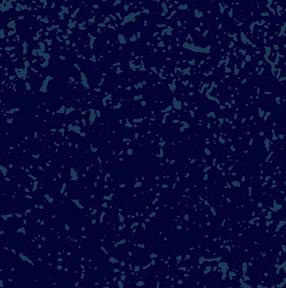
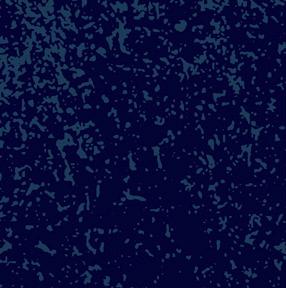

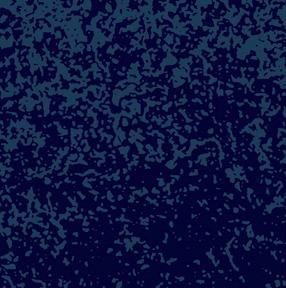


Written throughout in attractive, non-prescriptive and focused prose: combines academic rigour with an informal, engaging style.
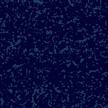


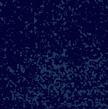
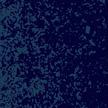


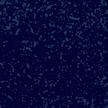
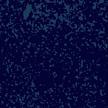
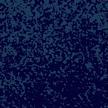
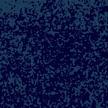

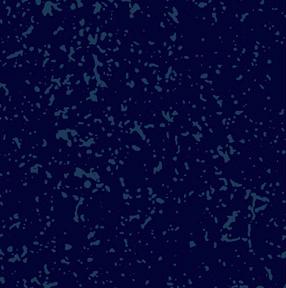
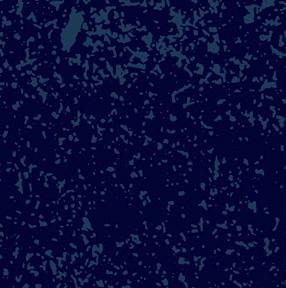



Uses a wide range of classic and contemporary texts as practical examples to illustrate key points, enabling budding writers to set their own creative work in a wider literary context and thus enrich their fiction.

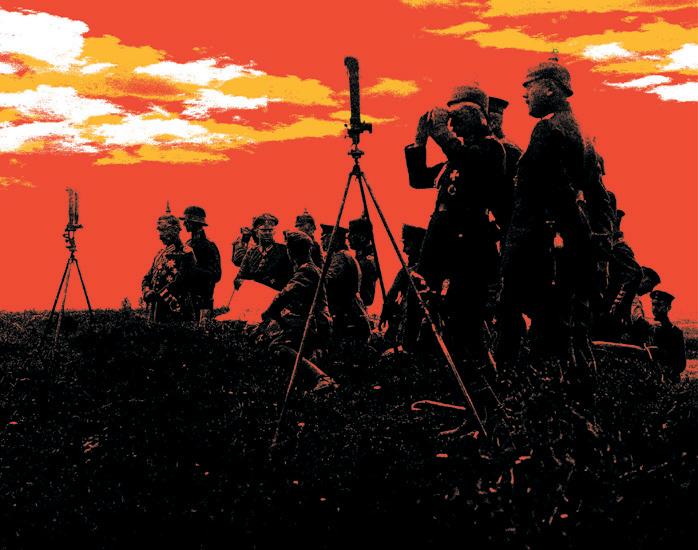
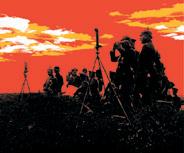
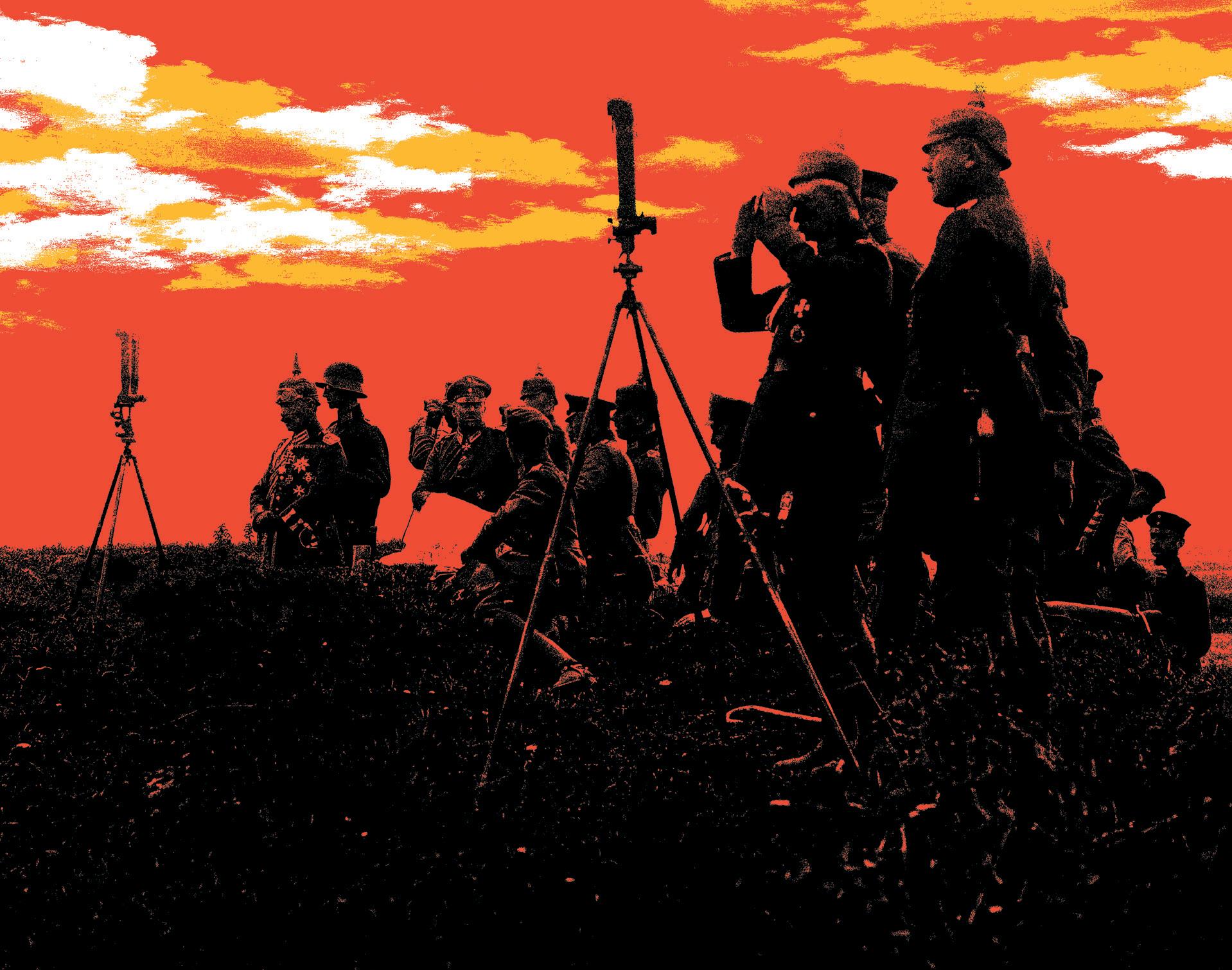
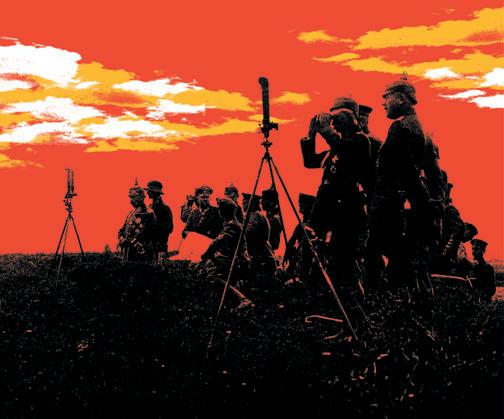
Was the outcome of the First World War on a knife edge? In this major reassessment of German wartime politics and strategy, Holger Afflerbach argues that the outcome of the war was actually in the balance until relatively late in the war. Using new evidence from diaries, letters and memoirs, he fundamentally revises our understanding of German strategy from the decision to go to war and the failure of the western offensive to the radicalisation of Germany’s war effort under Hindenburg and Ludendorff and the ultimate collapse of the Central Powers. He uncovers the struggles in wartime Germany between supporters of a compromise peace and hardliners who wanted to fight to the finish. He suggests that the German leadership was not nearly as committed to all-out conquest as previous accounts argue. Numerous German peace advances could have offered the opportunity to end the war before it dragged Europe into the abyss.

Was the outcome of the First World War on a knife edge? In this major new account of German wartime politics and strategy Holger Afflerbach argues that the outcome of the war was actually in the balance until relatively late in the war. Using new evidence from diaries, letters and memoirs, he fundamentally revises our understanding of German strategy from the decision to go to war and the failure of the western offensive to the radicalisation of Germany’s war effort under Hindenburg and Ludendorff and the ultimate collapse of the Central Powers. He uncovers the struggles in wartime Germany between supporters of peace and hardliners who wanted to fight to the finish. He suggests that Germany was not nearly as committed to all-out conquest as previous accounts argue. Numerous German peace advances could have offered the opportunity to end the war before it dragged Europe into the abyss.
‘Holger Afflerbach provides a comprehensive reassessment of Germany’s conduct of the 1914-18 war. Drawing on fresh archival sources and an impressive command of the immense secondary literature, he offers a thought-provoking reappraisal of the entire history of that terrible conflict.’



- David Stevenson, author of With Our Backs to the Wall: Victory and Defeat in 1918
• A thorough reassessment of why Germany was defeated and of lost opportunities to make peace before 1918.
• Reveals divisions in Germany and how these influenced the outcome of the war.
• Offers a new framework for understanding of warfare and politics in Imperial Germany.

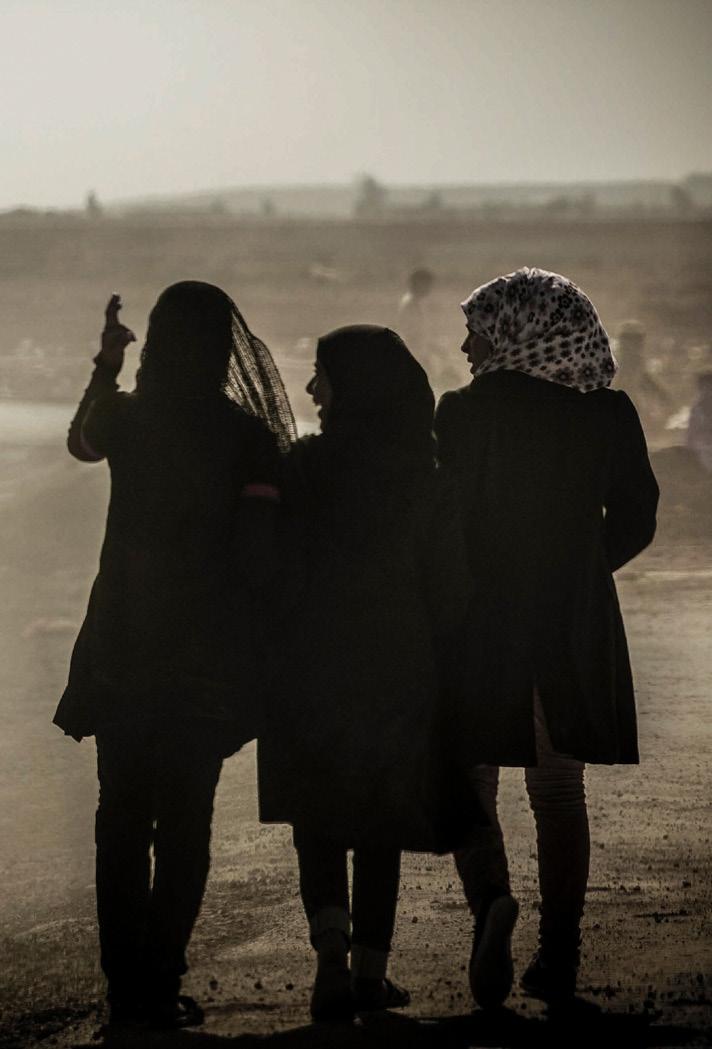
The Untold Story of Refugee
ANDREW LEON HANNA Art by Malak Poetry by AsmaMillion Sparks takes readers inside the Za’atari refugee camp to follow the stories of three courageous Syrian women entrepreneurs: Yasmina, a wedding shop and salon owner creating moments of celebration; Malak, a young artist infusing color and beauty throughout the camp; and Asma, a social entrepreneur leading a storytelling initiative to enrich children’s lives. Anchored by these three inspiring stories, as well as accompanying artwork and poetry by Malak and Asma, the narrative expands beyond Za’atari to explore the broader refugee entrepreneurship phenomenon in more than twenty camps and cities across the globe. What emerges is a tale of power, determination, and dignity – of igniting the brightest sparks of joy, even when the rest of the world sees only the darkness. A significant portion of the proceeds from this book are being contributed to support refugee entrepreneurs and general refugee causes in Za’atari and around the world.

• Captivating human-centered narrative storytelling following three Syrian women entrepreneurs living in a refugee camp.
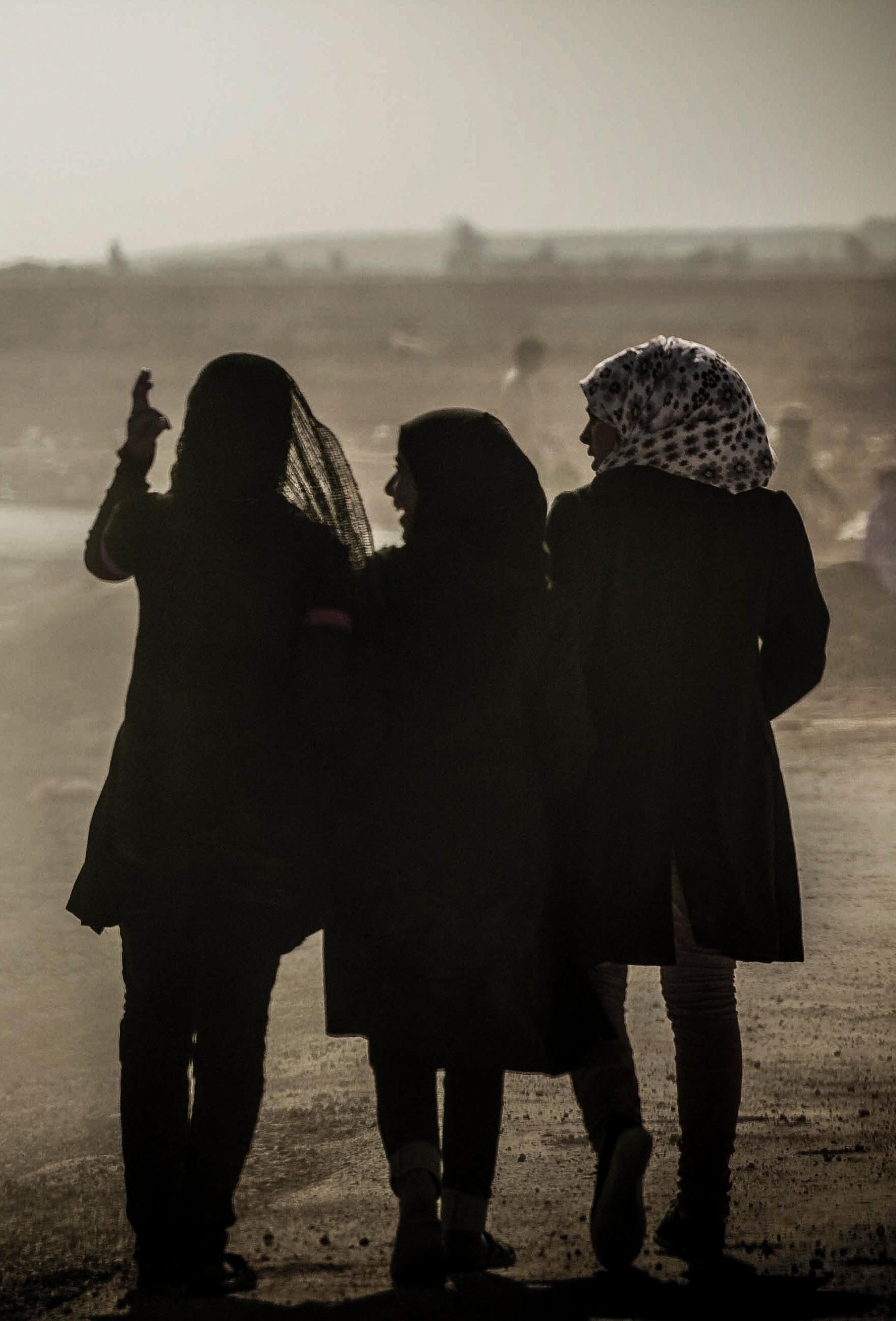
An exploration of entrepreneurship and startups in the most extreme settings.
A fresh discussion of global policy, social justice, human rights, and economic development related to refugees, amid the largest global refugee crisis in history.
• The first book of a young, award-winning author, entrepreneur, and attorney at Stanford and Harvard whose parents immigrated to the US from Egypt.
“A powerful story of hope.”
Gbowee, Nobel Peace Prize Laureate


Mathematician and popular science author Eugenia Cheng is on a mission to show you that mathematics can be flexible, creative, and visual. This joyful journey through the world of abstract mathematics into category theory will demystify mathematical thought processes and help you develop your own thinking, with no formal mathematical background needed. The book brings abstract mathematical ideas down to earth using examples of social justice, current events, and everyday life— from privilege to COVID-19 to driving routes. The journey begins with the ideas and workings of abstract mathematics, after which you will gently climb toward more technical material, learning everything needed to understand category theory, and then key concepts in category theory like natural transformations, duality, and even a glimpse of ongoing research in higher-dimensional category theory. For fans of How to Bake Pi, this will help you dig deeper into mathematical concepts and build your mathematical background.
Mathematician and popular science author Eugenia Cheng is on a mission to show you that mathematics can be flexible, creative, and visual. This joyful journey through the world of abstract mathematics into category theory will demystify mathematical thought processes and help you develop your own thinking, with no formal mathematical background needed. The book brings abstract mathematical ideas down to earth using examples of social justice, current events, and everyday life – from privilege to COVID-19 to driving routes. The journey begins with the ideas and workings of abstract mathematics, after which you will gently climb toward more technical material, learning everything needed to understand category theory, and then key concepts in category theory like natural transformations, duality, and even a glimpse of ongoing research in higher-dimensional category theory. For fans of How to Bake Pi, this will help you dig deeper into mathematical concepts and build your mathematical background.
• Demystifies mathematical thought processes, helping readers develop mathematical thinking even if they have no mathematical background.
• Provides further insight into the mathematical concepts and examples presented in Cheng’s How to Bake Pi, gently building on those simple ideas to develop more formal mathematics.
• Features examples from life, not just from other areas of mathematics, showing how math is relevant to social and political questions.
• Includes ‘Things to think about’ boxes with full explanations, a glossary, and footnotes with informal reminders for readers getting used to the material and terminology.
• Provides diagrams to help readers who are visual thinkers absorb the material.
• Prepares readers with no formal mathematical training for more traditional mathematical textbooks.
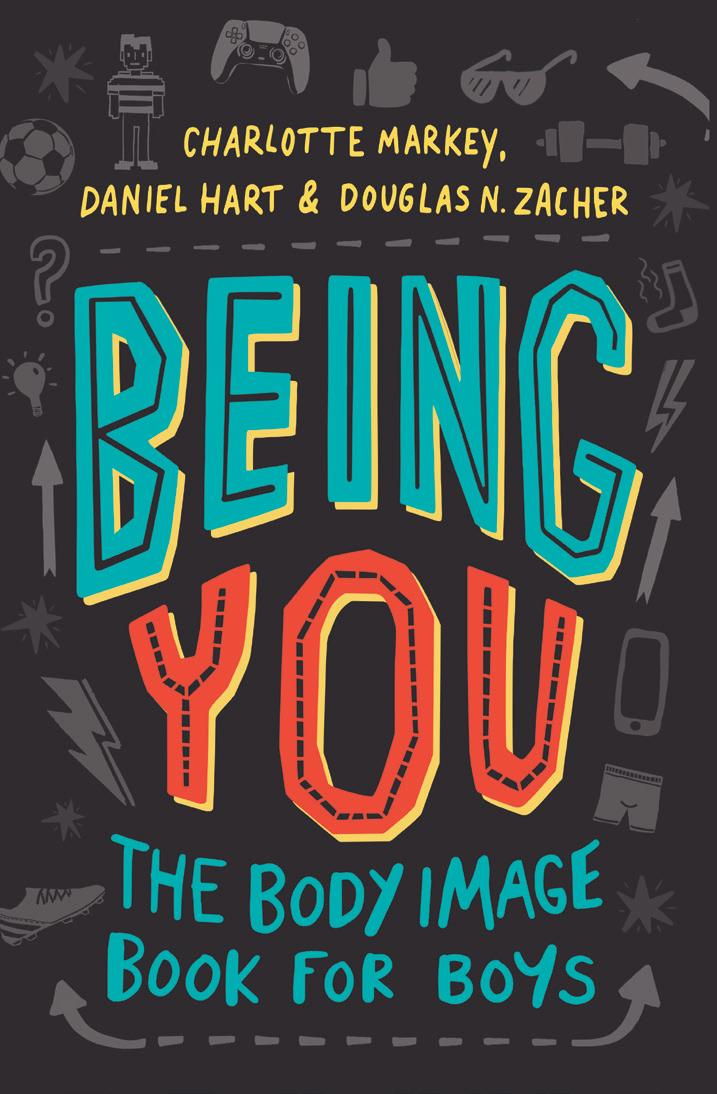
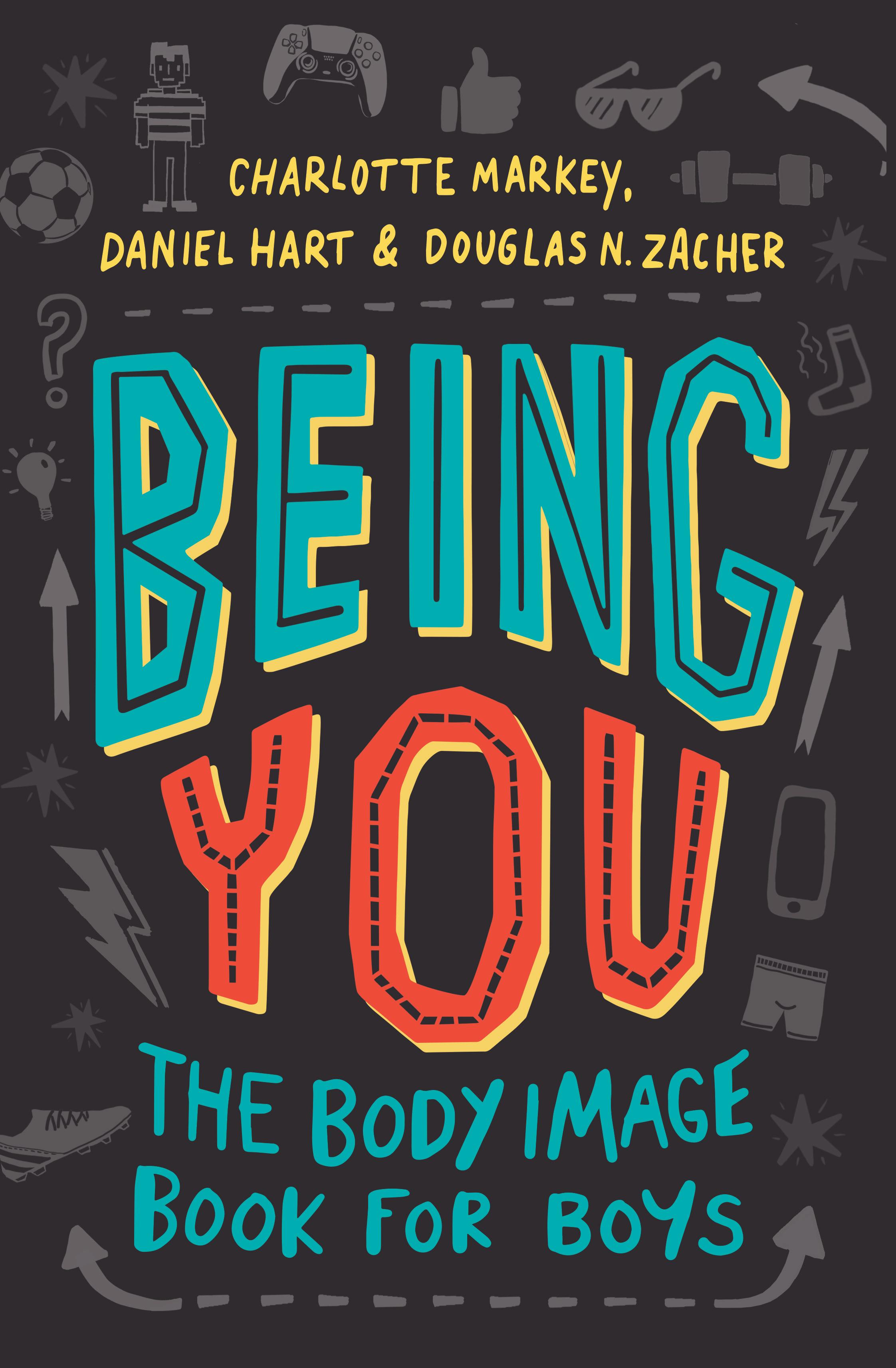
Charlotte
Daniel Hart,
Douglas
Rutgers University


University
From early childhood boys often feel pressured to be athletic and muscular. But what impact does this have on physical and mental well-being through their teens and beyond? Worryingly, a third of teen boys are trying to ‘bulk up’ due to body dissatisfaction, and boys and men account for 25% of eating disorder cases. What can we tell our boys to help them feel happy and confident simply being themselves? Being You has the answers! It’s an easy-to-read, evidence-based guide to developing a positive body image for boys aged 12+. It covers all the facts on puberty, diet, exercise, self-care, mental health, social media, and everything in-between. Boys will find answers to the questions most on their mind, the truth behind many diet and exercise myths, and real-life stories from other boys. Armed with this book, they will understand that muscles don’t make a man – it’s enough simply being you!

• Provides accurate, evidence-based information about body image, healthy eating habits, mental and physical health for pre-teen and teen-aged boys.
• Helps boys to understand and appreciate their bodies as they become young men, and navigate their way through inaccurate health/diet information and unrealistic body ideals portrayed in the media.
• Encourages ways to take care of mental and physical heath to improve body image and overall wellbeing, and establish positive habits they can take with them into adulthood.
For decades, Hong Kong has maintained precarious freedom at the edge of competing world powers. In City on the Edge, Ho-fung Hung offers a timely and engaging account of Hong Kong’s development from precolonial times to the present, with particular focus on the post 1997 handover period. Through careful analysis of vast economic data, a myriad of political events, and intricate networks of actors and ideas, Hung offers readers insight into the fraught economic, political, and social forces that led to the 2019 uprising, while situating the protests in the context of global finance and the geopolitics of the US-China rivalry. A provocative contribution to the discussion on Hong Kong’s position in today’s world, City on the Edge demonstrates that the resistance and repression of 2019-2020 does not spell the end of Hong Kong but the beginning of a long conflict with global repercussions.
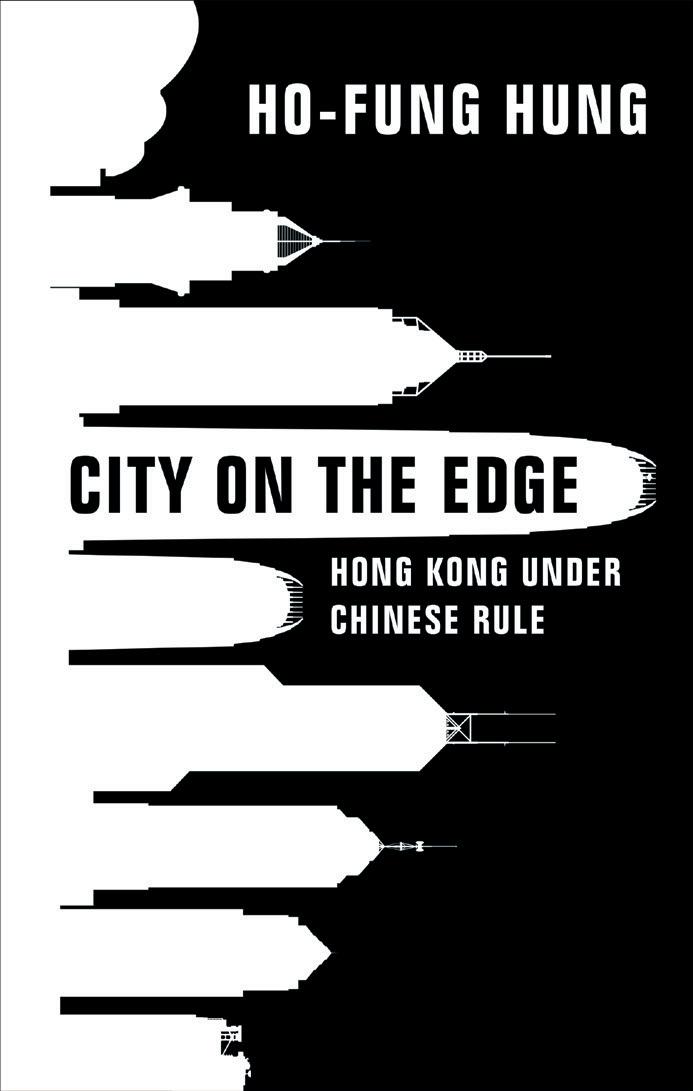
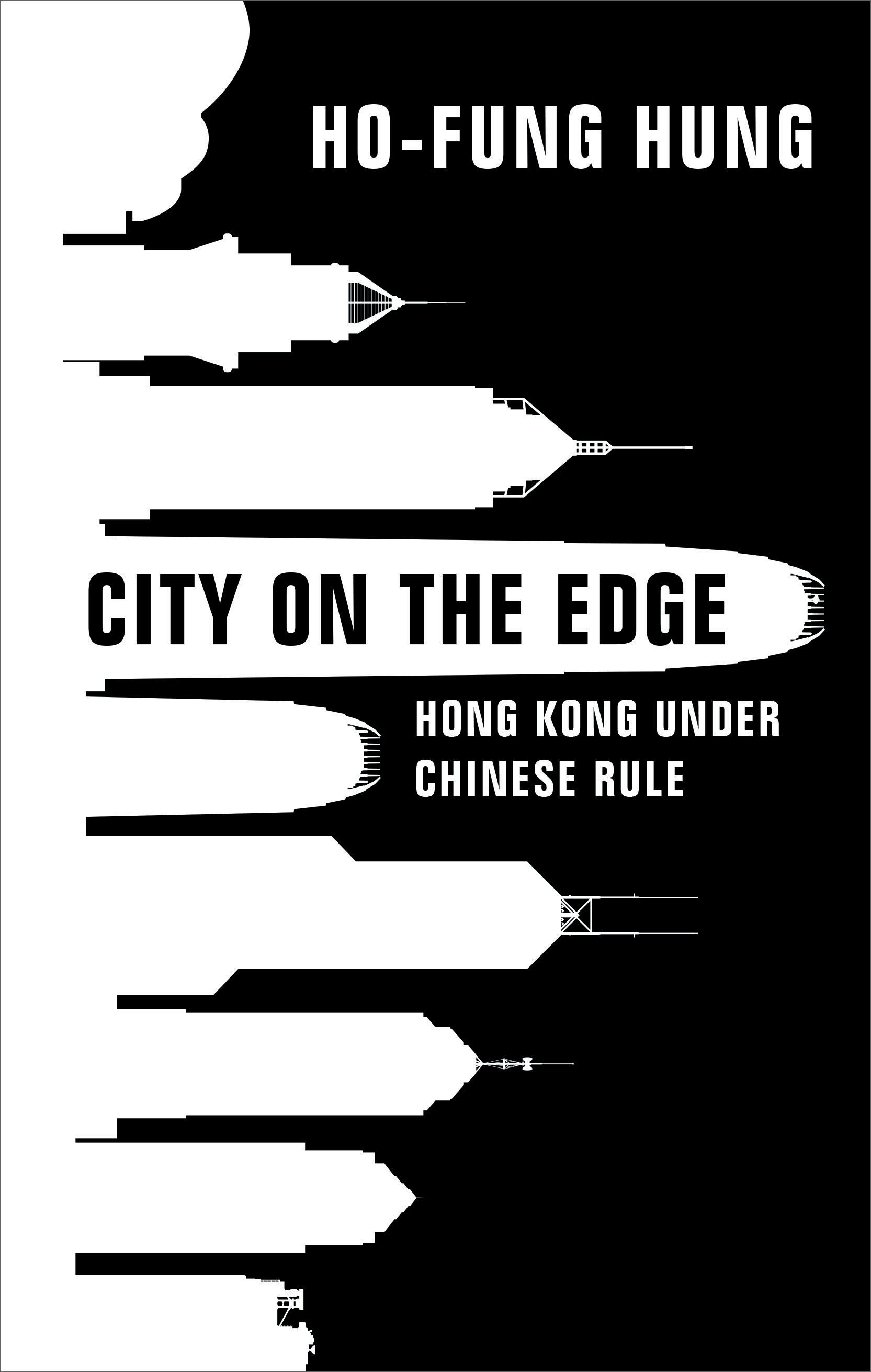

• Introduces readers to the institutional and cultural complexity of Hong Kong and the evolution of the city in the years since 1997.

• Illustrates the larger global political and economic forces that shaped Beijing’s Hong Kong policy, US Hong Kong policy, and the socio-political conflicts in Hong Kong since the 1997 handover.
• Compares Hong Kong’s struggle for autonomy to similar struggles in Tibet, East Timor, Northern Ireland and Kosovo showing that Hong Kong is part of a wider global trend of local regions/cities trying to break free from dominant nation-states/empires.
1 Zachary Shore
This Is Not Who We Are 9781009203449 $47.95 $51.95
2 Stuart Ward No Miracles Needed 9781107145993 $22.95 $24.95
3 Midge Goldberg Outer Space: 100 Poems 9781009203609 $24.95 $26.95
4 Daniel Gibbs, Teresa H. Barker A Tattoo on my Brain 9781009325189 $18.95 $20.95
5 Jon E. Grant, Samuel R. Chamberlain Impulse 9781009107976 $24.95 $26.95
6 Dennis Baron You Can’t Always Say What You Want 9781009198905 $37.95 $40.95
7 Marissa A. Harrison Just as Deadly 9781009158206 $37.95 $40.95
8 Michael D. Bess 25 Million Sparks 9781009181495 $28.95 $31.95
9 Robert P. Friedland Unaging 9781009087742 $28.95 $31.95
10 Paul Edmondson, Stanley Wells All the Sonnets of Shakespeare 9781108490399 $27.95 $30.95
11 Sarah Burton, Jem Poster
12 Holger Afflerbach
The Book You Need to Read to Write the Book You Want to Write 9781009073738 $23.95 $25.95
On a Knife Edge 9781108832885 $45.95 $49.95
13 Alyn Shipton On Jazz 9781108834230 $36.95 $39.95
14 Michael D. Bess Planet in Peril 9781009160339 $37.95 $40.95
15 Stephen G. Rabe
The Lost Paratroopers of Normandy 9781009206372 $37.95 $40.95
16 Vito Tanzi Fragile Futures 9781009100120 $37.95 $40.95
17 Misty Adoniou
18 James Joyce, Catherine Flynn
19 Eugenia Cheng
Spelling It Out 9781009112871 $39.95 $43.95
The Cambridge Centenary Ulysses: The 1922 Text with Essays and Notes 9781316515945 $56.95 $61.95
The Joy of Abstraction 9781108477222 $37.95 $40.95
20 Markey, Hart, Zacher Being You 9781108949378 $18.95 $20.95
21 Ho-fung Hung City on the Edge 9781108840330 $37.95 $40.95
Please return this form to Cambridge University Press.


Total Cost:
For sales enquiries, please contact lyndal.taylor@cambridge.org.